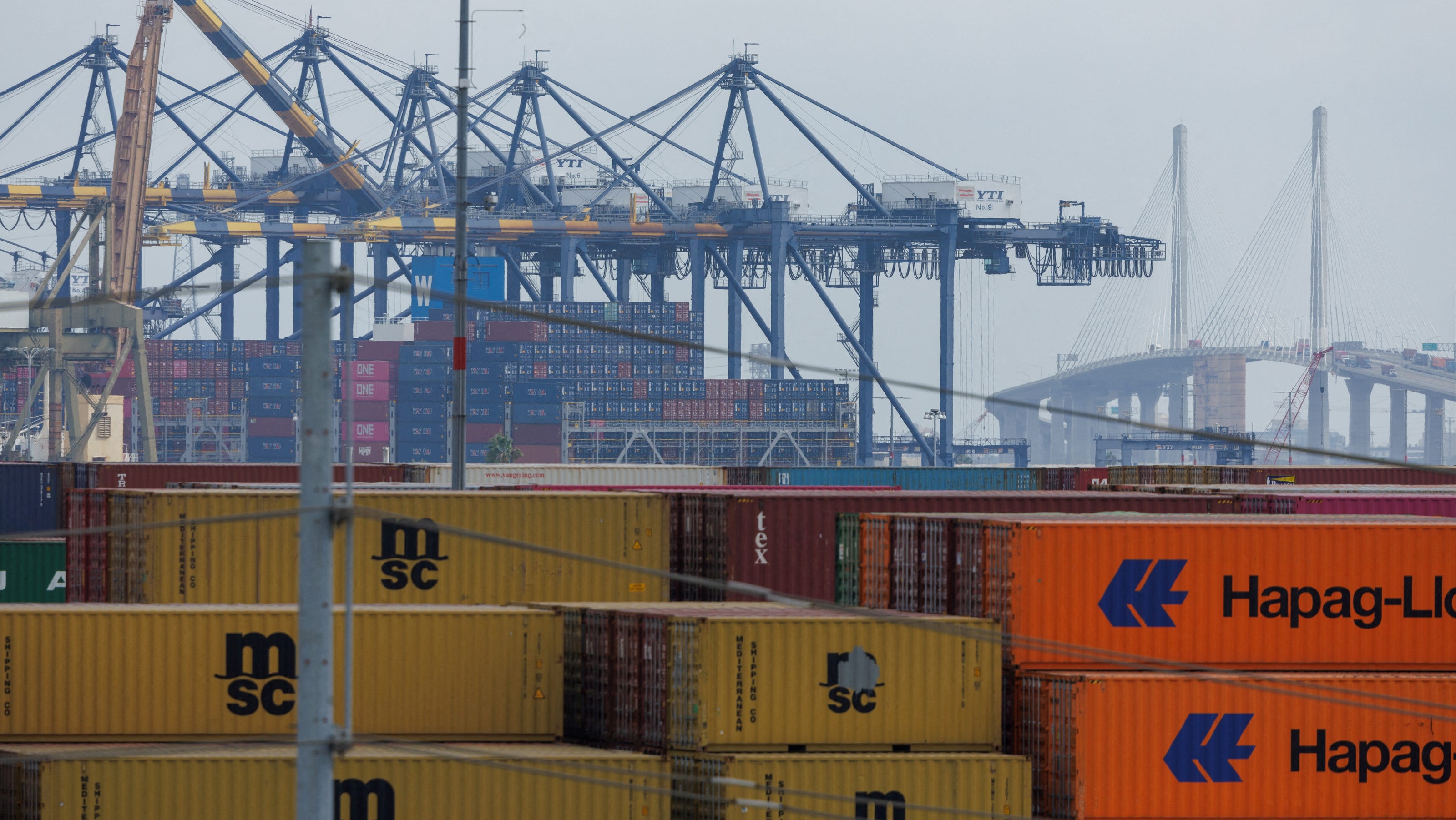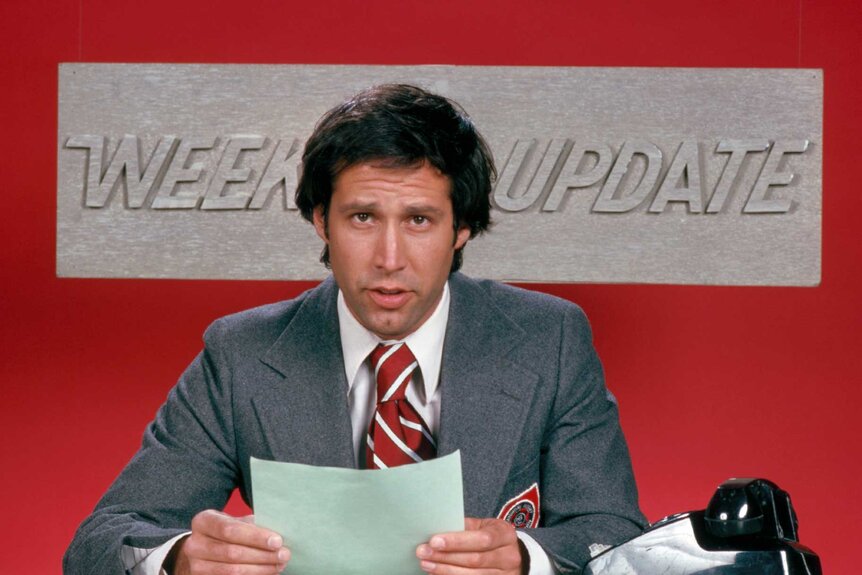Public Opinion In The Netherlands: Against EU Response To Trump Tariffs

Table of Contents
Negative Sentiment Towards EU Trade Policies
The Dutch public's response to the EU's handling of the Trump tariffs wasn't simply lukewarm; it was actively negative. This widespread dissatisfaction stemmed from two primary sources: the perceived ineffectiveness of EU retaliatory measures and a growing distrust in EU institutions.
Perceived Ineffectiveness of EU's Retaliatory Measures
Many Dutch citizens felt the EU's response to the US tariffs was too weak, poorly targeted, or both. This perception significantly weakened public confidence in the EU's negotiating power.
- Weak Response: Many believed the EU's retaliatory tariffs were insufficient to deter the US and failed to adequately protect Dutch interests.
- Poor Targeting: Concerns were raised that the EU's countermeasures negatively impacted Dutch businesses disproportionately, without effectively addressing the root cause of the trade dispute.
- Negative Consequences: Specific sectors, such as agriculture and manufacturing, experienced significant difficulties, exacerbating existing public unease towards the EU's trade strategy. For example, the Dutch agricultural sector, a significant contributor to the national economy, faced considerable challenges due to the tariffs and the EU's response.
Numerous polls conducted during this period reflected this public dissatisfaction. News articles highlighted specific cases of Dutch businesses struggling under the weight of both US tariffs and the EU's countermeasures, further fueling public anger and frustration regarding the Dutch public opinion on EU Trump tariff response.
Distrust in EU Institutions
The perceived ineffectiveness of the EU's response fueled a deeper, more concerning trend: erosion of trust in EU institutions. Dutch citizens questioned the EU's ability to effectively protect Dutch national interests.
- Lack of Transparency: Concerns arose about the transparency and accountability surrounding the EU's trade negotiations. The decision-making process was perceived as opaque and unrepresentative of Dutch needs.
- Accountability Gap: Many felt the EU lacked accountability for the negative consequences of its trade policies on Dutch businesses and citizens.
- National vs. EU Response: Comparisons were drawn between the EU's response and potential alternative responses at the national level, highlighting a perceived inadequacy of the EU's approach.
The political climate at the time, coupled with extensive media coverage highlighting the negative economic impact of the tariffs, further amplified public distrust in the EU's handling of the situation and shaped the Dutch public opinion on EU Trump tariff response.
Economic Concerns and Their Impact on Public Opinion
The economic ramifications of the Trump tariffs and the EU's response played a pivotal role in shaping public opinion. The fear of economic recession and job losses, coupled with the specific impact on key Dutch sectors, significantly influenced the overall sentiment.
Fear of Economic Recession and Job Losses
Surveys conducted during this period revealed widespread public anxiety regarding potential economic consequences.
- Recession Fears: The threat of a wider economic downturn fueled public concerns and increased negativity towards the EU's trade policies.
- Job Losses: Specific examples of potential job losses in key sectors, such as manufacturing and agriculture, further intensified public anxiety.
- Rising Prices: Concerns about rising consumer prices due to increased import costs added to the overall negative sentiment.
Economic forecasts and reports at the time painted a concerning picture, reinforcing public anxieties. Government initiatives to mitigate the economic consequences, while well-intentioned, often failed to fully alleviate the concerns of the public, shaping the Dutch public opinion on EU Trump tariff response.
Impact on Dutch Businesses and Agricultural Sector
The impact on specific Dutch industries was profoundly felt and played a crucial role in shaping public opinion.
- Agriculture: The agricultural sector, a major player in the Dutch economy, experienced significant difficulties due to US tariffs and the EU's countermeasures.
- Manufacturing: The manufacturing sector, also heavily impacted by the trade dispute, faced challenges related to increased input costs and reduced market access.
- Government Support: Government support measures aimed at mitigating the negative impact varied in effectiveness, further influencing public perception.
Statistical data highlighting the extent of the economic impact across different regions of the Netherlands provided a clear picture of how the tariffs directly affected livelihoods, powerfully influencing the Dutch public opinion on EU Trump tariff response.
Alternative Approaches and Public Preferences
The widespread dissatisfaction with the EU's approach fueled a demand for alternative strategies and increased public participation in decision-making.
Support for Bilateral Negotiations
A significant portion of the Dutch public favored a shift away from multilateral negotiations and expressed support for bilateral negotiations between the Netherlands and the US.
- Direct Engagement: Many believed direct negotiations offered a more efficient and effective way to address the concerns of Dutch businesses and protect national interests.
- Targeted Solutions: Bilateral talks were seen as providing a more tailored approach to resolving trade disputes, compared to the broader EU strategy.
- Improved Outcomes: There was a belief that bilateral negotiations could lead to more favorable outcomes for the Netherlands.
Public opinion polls and surveys consistently reflected this preference, illustrating a clear desire for a more direct approach to international trade negotiations, shaping the Dutch public opinion on EU Trump tariff response.
Desire for Greater Transparency and Public Consultation
The desire for alternative approaches extended beyond simply a change in negotiating strategy. There was a clear demand for greater transparency and public consultation in EU decision-making processes.
- Improved Communication: Many felt that the EU needed to improve its communication and engagement with Dutch citizens regarding trade policy.
- Public Involvement: Increased public involvement in shaping trade policy was seen as crucial for ensuring that decisions accurately reflected Dutch interests.
- Enhanced Accountability: Greater transparency and public consultation were seen as key steps towards enhancing the accountability of EU institutions.
The role of civil society organizations and advocacy groups in raising public awareness and advocating for greater transparency and public participation cannot be overstated. This activism further contributed to the shaping of Dutch public opinion on EU Trump tariff response.
Conclusion
The analysis of Dutch public opinion reveals a significant level of dissatisfaction with the EU's response to the Trump tariffs. The perceived ineffectiveness of the EU's retaliatory measures, coupled with economic anxieties and a lack of trust in EU institutions, fueled negative sentiment. The public's preference for bilateral negotiations and greater transparency highlights a desire for more direct representation and engagement in international trade policy. Understanding Dutch public opinion on EU Trump tariff response is crucial for shaping more effective and representative trade policies in the future. Further research is needed to fully grasp the long-term impacts and inform future EU trade negotiations.

Featured Posts
-
 Section 230 And Banned Chemicals A Recent E Bay Ruling
May 18, 2025
Section 230 And Banned Chemicals A Recent E Bay Ruling
May 18, 2025 -
 The Impact Of A Weakening Ocean Current System On Us Sea Level Rise
May 18, 2025
The Impact Of A Weakening Ocean Current System On Us Sea Level Rise
May 18, 2025 -
 Maneskins Damiano David On Jimmy Kimmel Live A Radio 94 5 Recap
May 18, 2025
Maneskins Damiano David On Jimmy Kimmel Live A Radio 94 5 Recap
May 18, 2025 -
 13 Year Prison Sentence For Australian Fighting For Ukraine In Russia
May 18, 2025
13 Year Prison Sentence For Australian Fighting For Ukraine In Russia
May 18, 2025 -
 Netflixs Top 10 Unexpected True Crime Victory Over Romance Drama
May 18, 2025
Netflixs Top 10 Unexpected True Crime Victory Over Romance Drama
May 18, 2025
Latest Posts
-
 Snl Host Reactions Ego Nwodims Unexpected Weekend Update
May 18, 2025
Snl Host Reactions Ego Nwodims Unexpected Weekend Update
May 18, 2025 -
 Ego Nwodims Weekend Update Snls Most Uncomfortable Moment
May 18, 2025
Ego Nwodims Weekend Update Snls Most Uncomfortable Moment
May 18, 2025 -
 Bowen Yang Defends Ego Nwodims Viral Snl Weekend Update Bit
May 18, 2025
Bowen Yang Defends Ego Nwodims Viral Snl Weekend Update Bit
May 18, 2025 -
 Snl Controversy Ego Nwodim Sketch Sparks Audience Curses And Backlash
May 18, 2025
Snl Controversy Ego Nwodim Sketch Sparks Audience Curses And Backlash
May 18, 2025 -
 Ego Nwodims Snl Sketch Causes Audience Outrage We Finna Get Fired
May 18, 2025
Ego Nwodims Snl Sketch Causes Audience Outrage We Finna Get Fired
May 18, 2025
